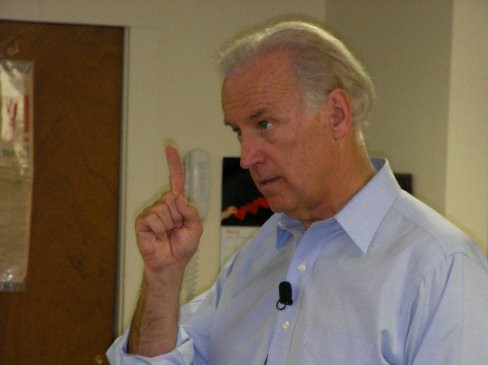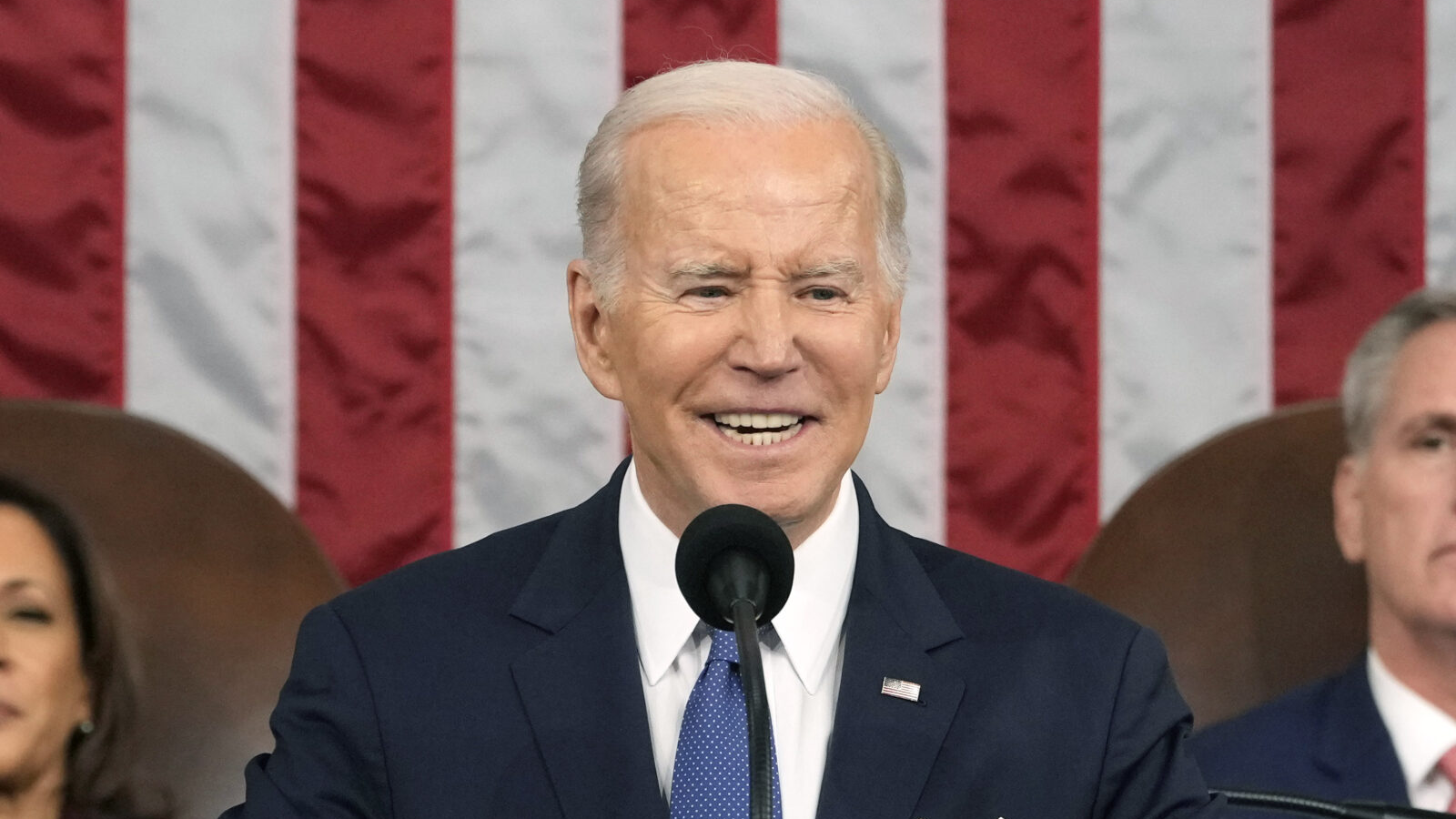President Joe Biden’s endorsement of Senator Chuck Schumer’s remarks concerning Israel and its Prime Minister Benjamin Netanyahu has stirred the pot in the ongoing debate surrounding U.S.-Israel relations.
Schumer’s bold stance, suggesting that Israel should conduct elections to replace Netanyahu, marks a significant moment in the discourse, reflecting broader concerns within parts of the American political sphere regarding Netanyahu’s leadership.
Biden’s commendation of Schumer’s speech as “good” and his acknowledgment of the “serious concern” it represents, underscores a critical view of the current Israeli administration.
This sentiment, according to Biden, is not isolated to Schumer but is a reflection of a wider apprehension shared by many Americans about the direction under Netanyahu’s leadership.
The reaction to Schumer’s statement has been mixed, with some praising his forthrightness in addressing a contentious issue, while others, viewing his remarks as a betrayal to Israel, suggest Schumer himself consider the implications of long-term office holding.
This division highlights the complex nature of U.S.-Israel relations and the varied perspectives within the United States on how best to support and critique a key ally.
Schumer, a veteran in the Senate with 25 years of service, wields significant influence, and his critique of Netanyahu is not without its implications.
It brings to the forefront discussions on democratic processes, leadership, and the international expectations of allies.
With Schumer likely to remain in office until at least 2029, his voice on issues concerning Israel and its governance will continue to be of consequence.
This episode illustrates the balancing act that U.S. politicians often must perform in addressing international relations, particularly with nations as strategically and politically significant as Israel.
The support from Biden might signal a nuanced approach to handling disagreements with allies, emphasizing dialogue and the democratic process over outright confrontation.
As this situation evolves, it serves as a reminder of the delicate dynamics at play in international politics, where words from high-ranking officials can spark extensive debate, influence foreign relations, and potentially usher in shifts in policy or perspective.



